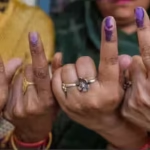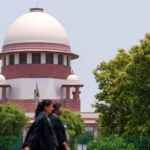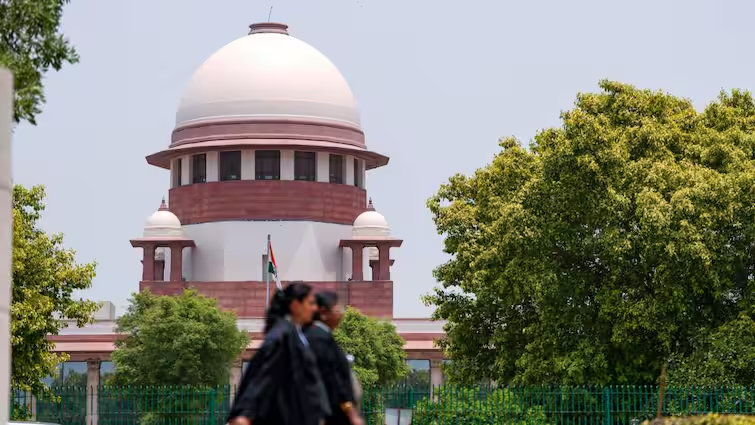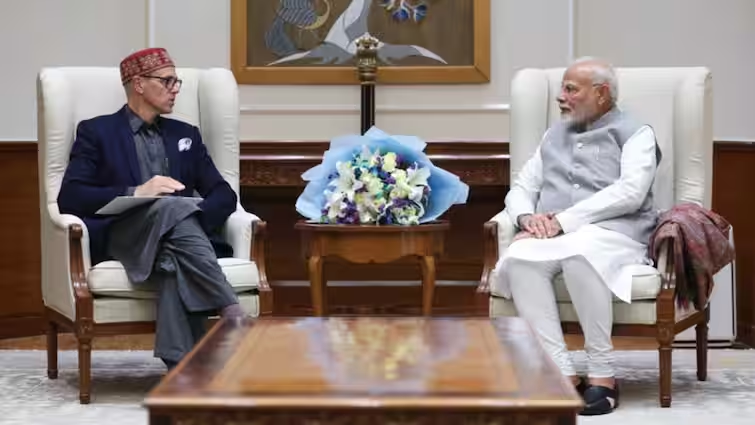Delhi Government Opens Public Consultation for Budget Proposals via WhatsApp and Email
The Delhi government has embarked on a significant initiative to democratize the budget-making process, actively seeking public participation for its upcoming fiscal plan. This move underscores a commitment to transparency and responsiveness, aiming to create a budget that truly reflects the needs and aspirations of the city’s diverse population. To facilitate this engagement, the government has established accessible channels for citizens to voice their opinions, utilizing both traditional and modern communication methods.
The core of this initiative lies in the provision of a dedicated WhatsApp number (999625) and an email address, allowing Delhi residents to submit their suggestions and recommendations conveniently. This digital approach recognizes the widespread use of technology in everyday life, ensuring that even those who may not have the time or resources to attend public meetings can contribute to the budget-making process. The ease of access provided by these digital platforms is crucial in reaching a wider audience, particularly younger demographics and tech-savvy individuals.
Beyond digital submissions, the government is also engaging with specific groups through targeted outreach. On March 5th, women’s organizations from various parts of Delhi will be invited to the Legislative Assembly to present their written suggestions. This focused engagement highlights the government’s commitment to addressing the specific needs and concerns of women, recognizing their crucial role in the city’s development. By providing a platform for these organizations to directly interact with policymakers, the government aims to incorporate their perspectives into the budget, ensuring that it promotes gender equality and empowers women.
Furthermore, the government intends to engage with a wide range of stakeholders, including farmers, youth, education professionals, and residents of unauthorized colonies. This comprehensive approach recognizes the diverse needs of Delhi’s population and the importance of considering the perspectives of all segments of society. Farmers, for example, play a vital role in the city’s food supply and face unique challenges that require targeted support. Engaging with them ensures that the budget addresses their concerns and promotes sustainable agriculture. Similarly, engaging with youth is crucial for fostering their development and ensuring that the budget invests in their future. Education professionals, including teachers and administrators, provide invaluable insights into the education sector, which is a critical area for investment. Residents of unauthorized colonies, who often face challenges related to infrastructure and basic services, also deserve a voice in the budget-making process.
The government’s emphasis on transparency and public involvement is a welcome departure from traditional, top-down approaches to budgeting. By actively seeking citizen input, the government aims to create a sense of ownership and accountability, fostering a stronger connection between the government and the people it serves. This collaborative approach recognizes that citizens are the ultimate stakeholders in the budget, and their perspectives are essential for creating a fiscal plan that is both effective and equitable.
Ministers and legislators will play a crucial role in facilitating this process by interacting with the public and ensuring that their suggestions are carefully considered. This direct engagement between policymakers and citizens is vital for building trust and ensuring that the budget reflects the priorities of the people. The government’s commitment to incorporating public feedback into the budget formulation demonstrates a genuine desire to create a fiscal plan that serves the interests of all residents.
The Delhi government’s commitment to fulfilling its promises and ensuring that the budget serves the interests of every citizen is a testament to its dedication to good governance. By embracing a participatory approach to budgeting, the government is not only creating a more inclusive and democratic process but also building a stronger foundation for the city’s future. The budget is not merely a financial document; it is a reflection of the government’s priorities and a roadmap for the city’s development. By ensuring that the budget reflects the needs and aspirations of the people, the government is investing in the well-being and prosperity of all Delhi residents.
This initiative is a step toward greater civic engagement, and serves as a model for other governments seeking to enhance transparency and public participation. By leveraging technology and engaging with diverse groups, the Delhi government is demonstrating that it is possible to create a budget that is both responsive and accountable. The success of this initiative will depend on the government’s ability to effectively incorporate public feedback into the final budget document and to communicate its decisions clearly to the public. However, the government’s commitment to this process is a positive sign that it is serious about creating a budget that truly serves the interests of all Delhi residents.















